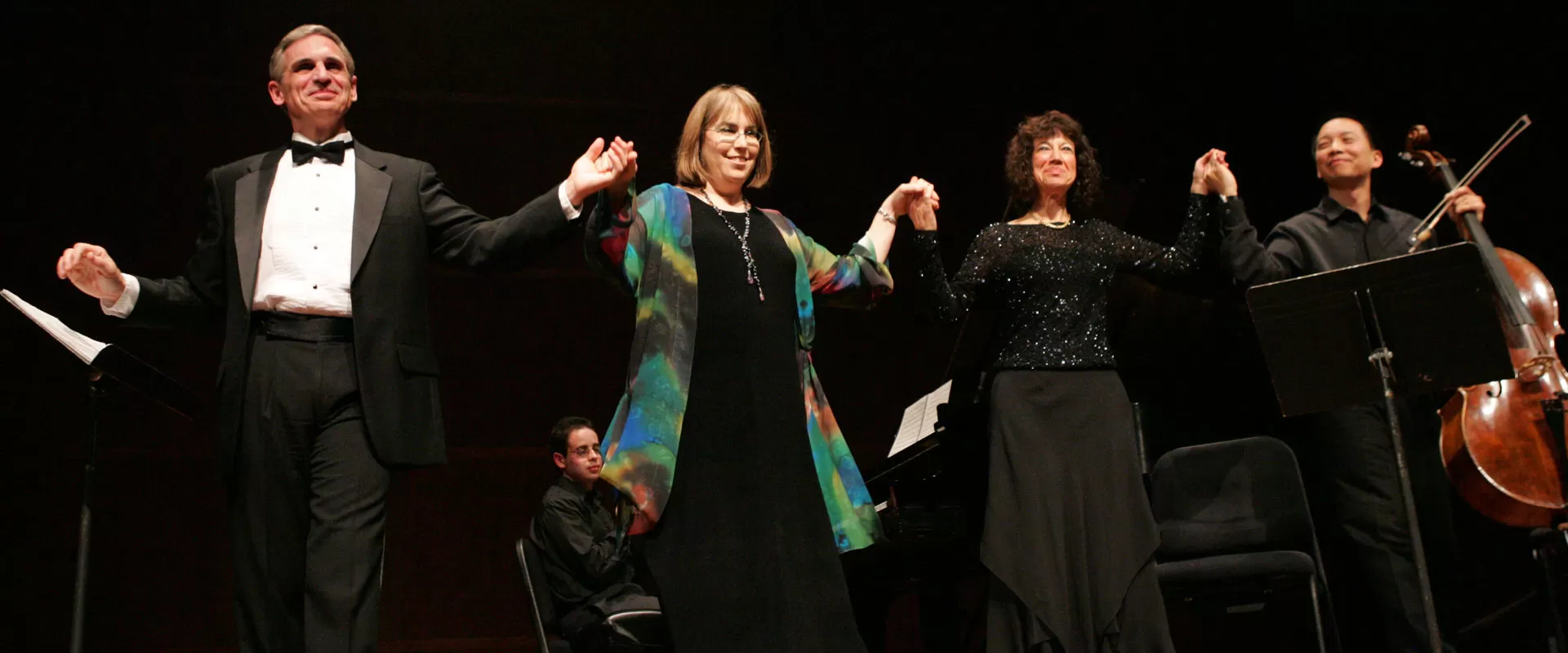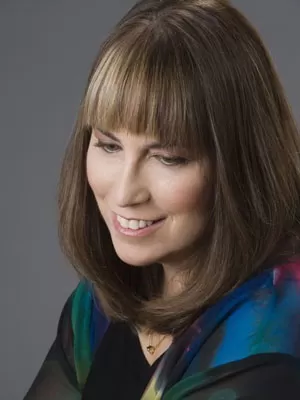World premiere: May 9, 2005, Benaroya Hall, Seattle, WA, at Music of Remembrance's Holocaust Remembrance Day concert.
Lori Laitman's song cycle, Holocaust 1944, received its world premiere at Music of Remembrance's November 6, 2000, concert, featuring baritone Erich Parce and doublebassist Gary Karr, for whom the work was composed. Fathers, for baritone and piano trio, was given its world premiere on April 27, 2003, at MOR's Holocaust Remembrance Day Concert. Erich Parce, again, was the baritone in this song cycle, and MOR offered Laitman a commission to compose a song cycle specifically for Parce. The world premiere of Laitman's The Seed of Dream took place on May 9, 2005.
Scored for baritone voice, cello and piano, The Seed of Dream was composed between March and October of 2004. Four of the five poems were translated by Pulitzer Prize winning poet C.K. Williams; "Beneath the Whiteness of your Stars" was translated by Leonard Wolf. Poet Abraham Sutzkever wrote these first-person accounts between 1941 and 1944. Written on August 30, 1941 in the Vilna Ghetto, "I Lie in this Coffin" is based on Sutzkever's own hiding from the Germans in a coffin. The song begins sparsely, then the texture grows as the cello enters, and the vocal line becomes more plaintive as the singer cries out, appealing to the spirit of his dead sister. (Sutzkever's sister died when they were children.) Buoyed by the presence of her spirit, the music assumes a happier character, before returning again to the opening pathos. "A Load of Shoes" was written in the Ghetto on January 1, 1943, when Sutzkever glimpsed his mother's shoes a year after her death. Sutzkever has described this poem as the most macabre of "death dances." This poem is indeed chilling, particularly the line "but the truth, shoes,/where are your feet?" The song has the feel of a slightly oft-kilter Jewish folk song. "To My Child," written after Sutzkever's son was murdered, contains some of the most horrific images and some of the most beautiful. This longer song is divided into distinct sections. The opening is conversational in nature, with silence punctuating the vocal line. After a variation of the opening theme, a quieter, lullaby section ensues. These musical sections alternate as the poem alternates between emotions. "Beneath the Whiteness of your Stars" (Vilna Ghetto, May 22, 1943) combines my setting of Sutzkever's words with the beautiful melody composed in the Vilna Ghetto by Abraham Brudno (1900 - 1943) for the same text. Just like Sutzkever's spirit, the opening music is depleted of energy, but prayer-like, beautiful and simple. Here, the beauty of the natural world is contrasted against the world of Sutzkever's pain and horror. Brudno's melody appears in the first instrumental interlude. Afterwards the melodies alternate and intertwine. A glittering accompaniment suggesting the firmament sets the stage for the final rendition of Brudno's tune, sung in the original Yiddish. In keeping with Sutzkever's belief that words and nature would help to heal tortured souls, I chose to end the cycle with his poem of hope, "No Sad Songs, Please," written in the Narocz Forests on Feb. 5, 1944. The song ends with the voice repeating the words "No sad songs, please," ending the cycle with a plea for understanding and hope.
I wish to thank Mina Miller who commissioned this work for Music of Remembrance.


